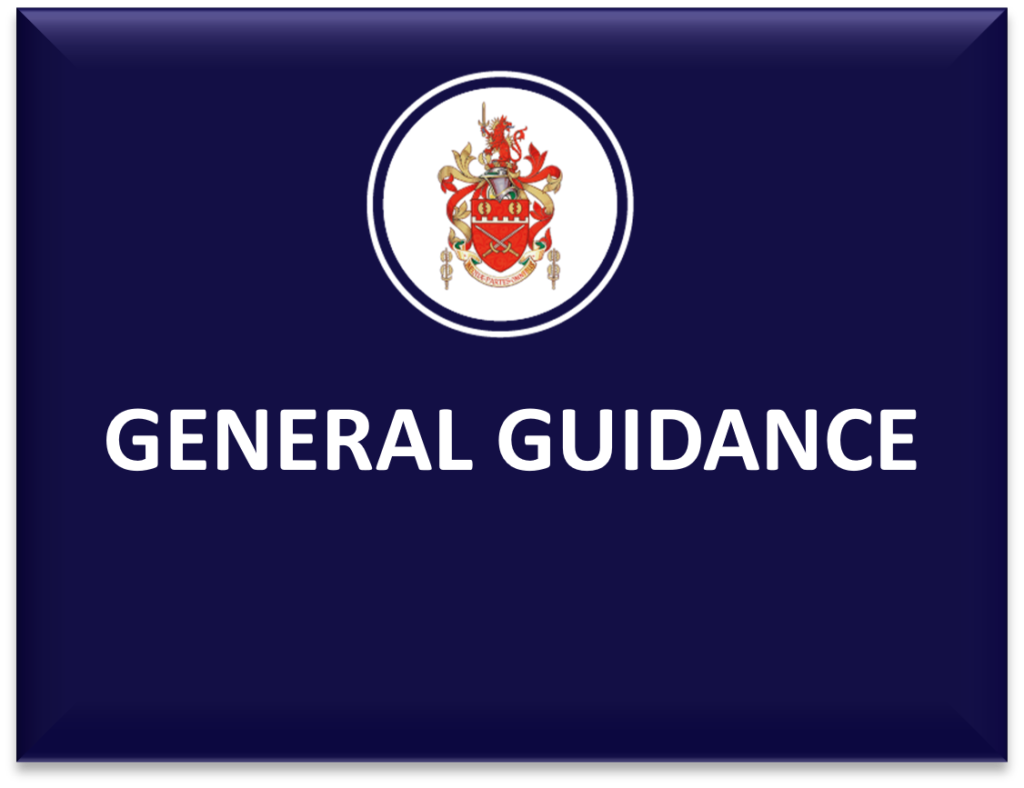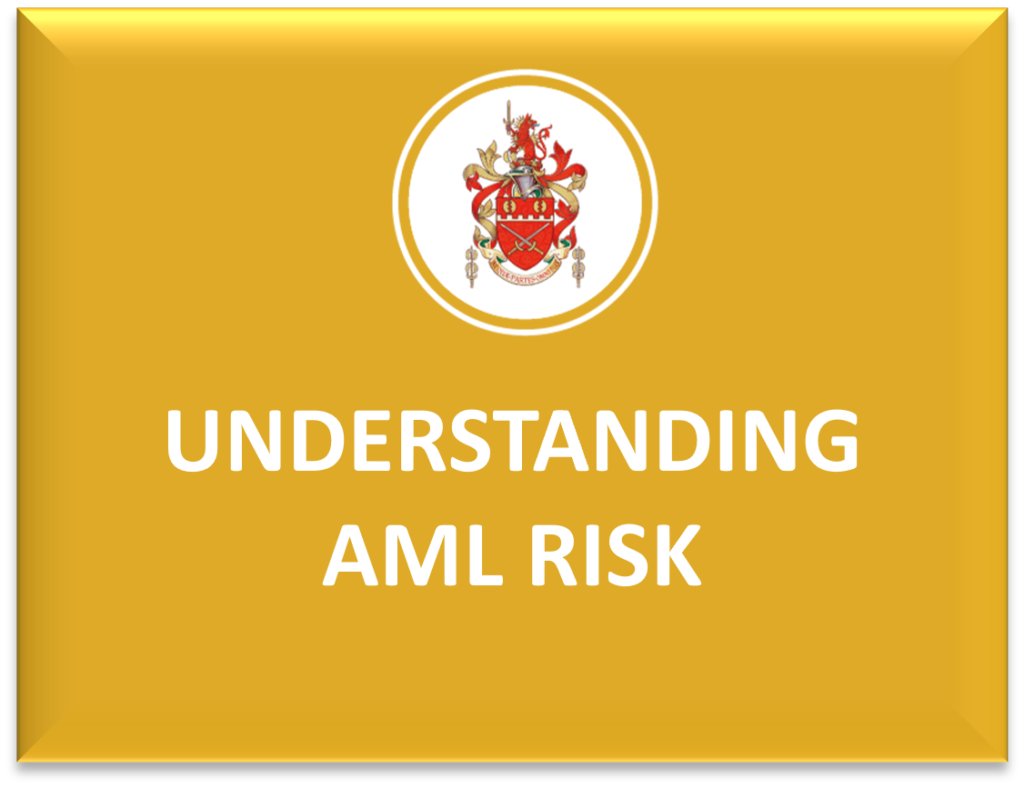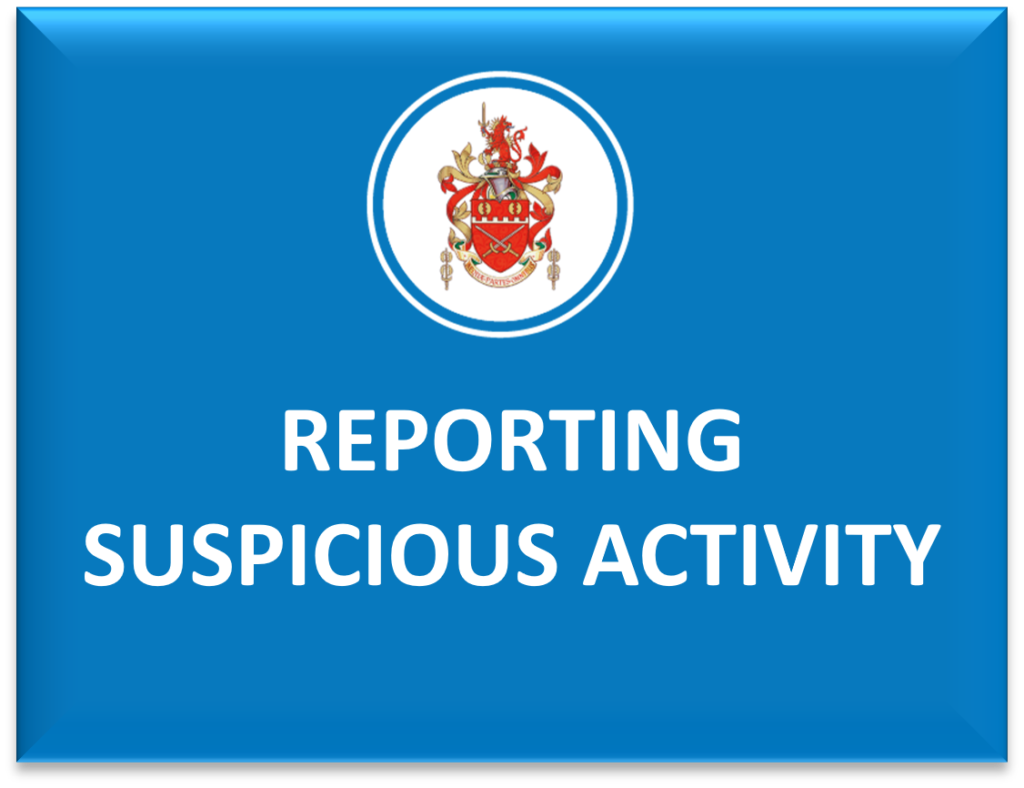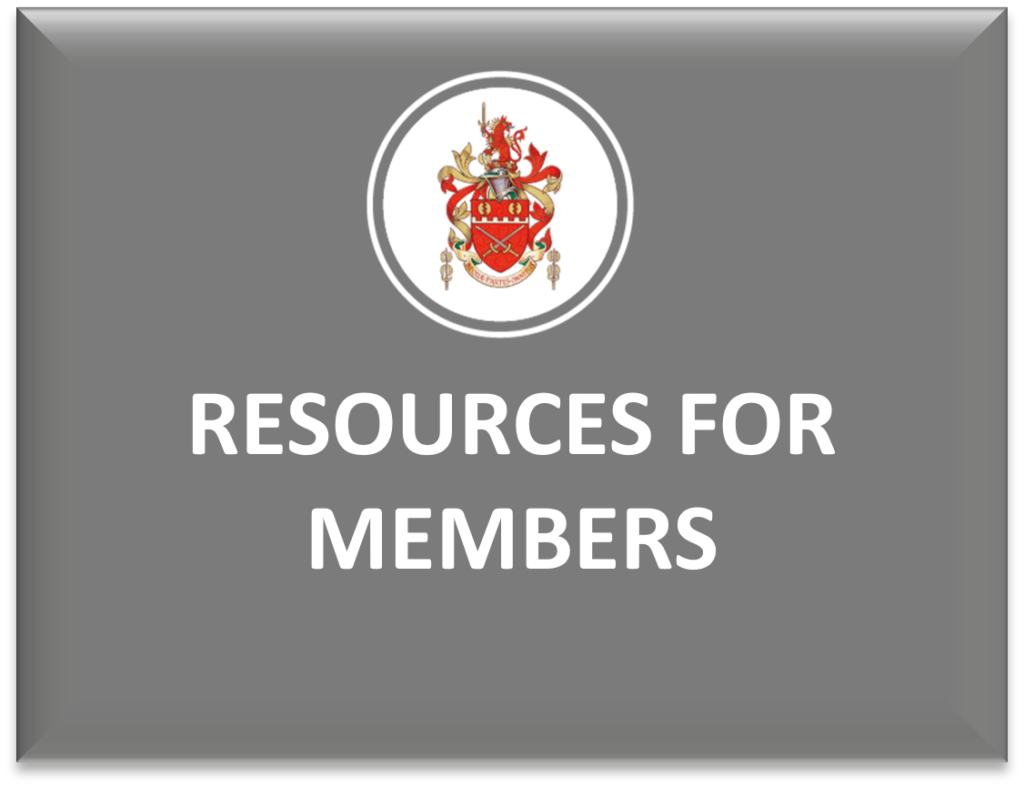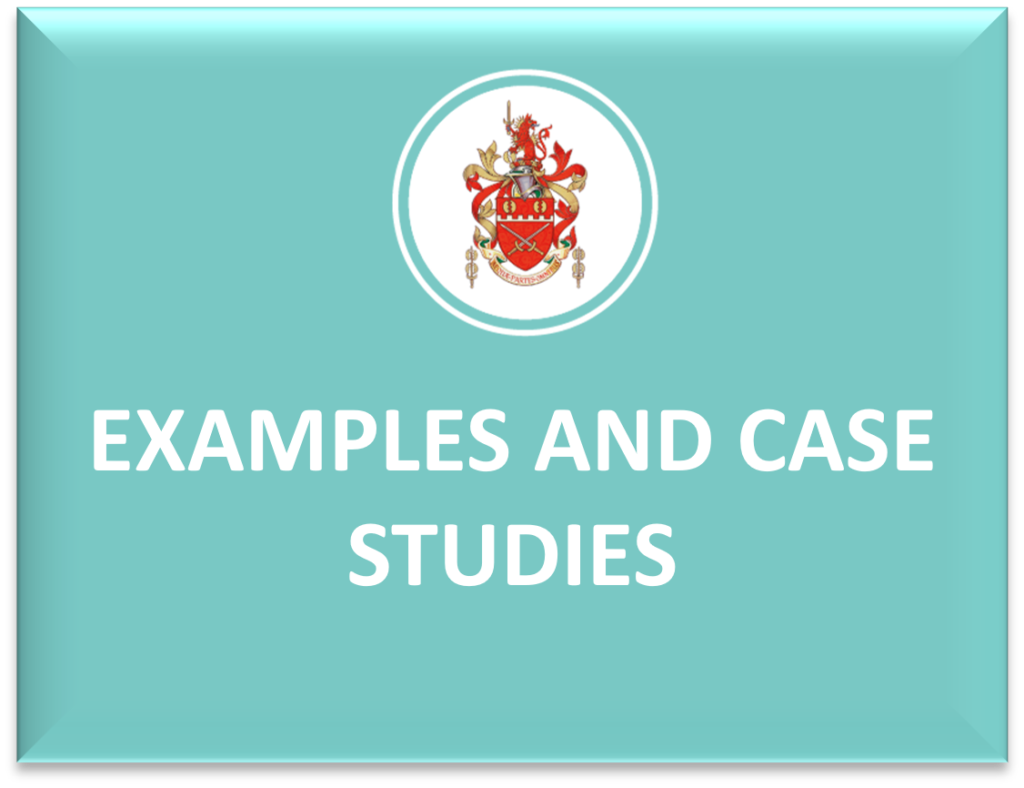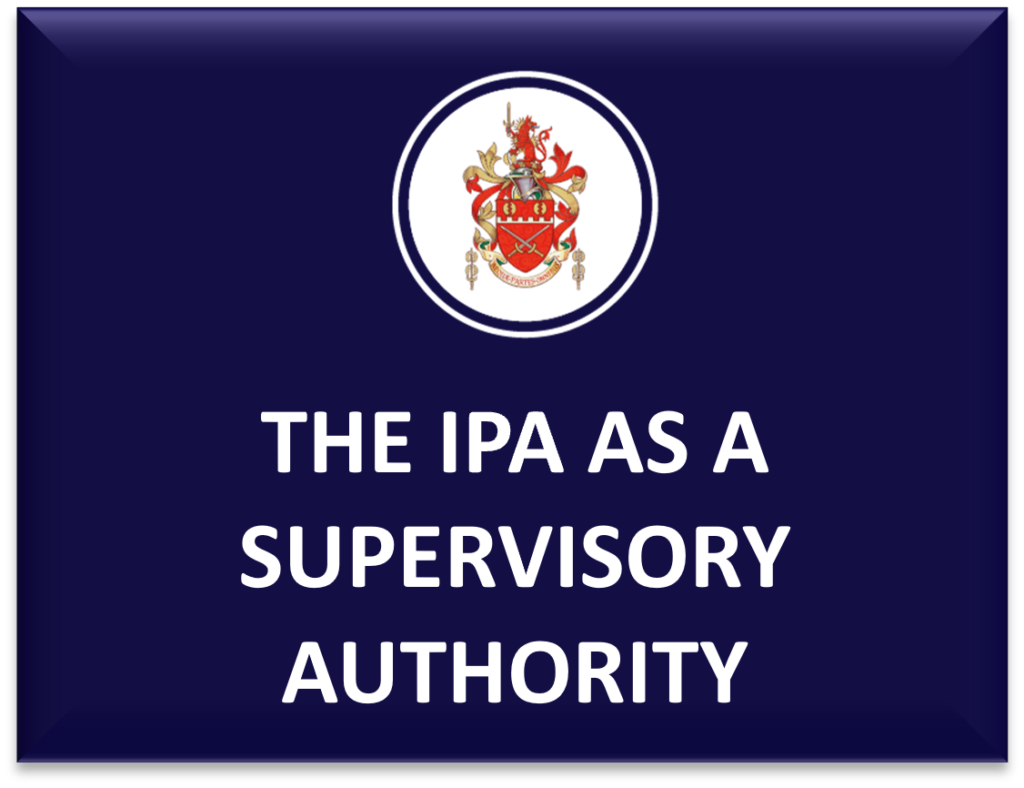Anti-Money Laundering
Welcome to the Anti-Money Laundering (AML) section of the IPA website. We have designed this resource centre to support our members in meeting their AML obligations under the 2017 Money Laundering Regulations. Click on the relevant tile below to explore the section and learn more.
Should an IPA member have any questions regarding AML compliance, they are encouraged to seek advice by emailing aml@ipa.uk.com.
This area contains tailored guidance for members on the Money Laundering Regulations, including AML guide for members; CCAB Guidance for the Accountancy Sector; CCAB Guidance for Insolvency Practitioners and CCAB Economic Crime Manifesto.
Understanding money laundering risk is of paramount importance to members. This section includes the latest UK National Risk Assessment; AML Sectoral Risk Assessment; AASG Accountancy Sectoral Risk Guidance; AML high risk indicators and AML alerts.
From this page you can access various resources designed to assist IPA members in complying with the Money Laundering Regulations, including: Compliance checklist; AML technical support from the IPA; and Information about how to proceed if an Insolvency Practitioner becomes aware that they or another Insolvency Practitioner may have breached the Money Laundering Regulations.
Insolvency Practitioners must always be aware of the evolving risks of money laundering and terrorist financing relating to their areas of work. To assist with this, and available in this section, the IPA has published case studies and Agile Anti-Money Laundering personas.
In this section, you will find information about the IPA’s role as a Professional Body Supervisor (PBS), including: How the supervisory activities of the IPA itself are overseen; the IPA’s strategy for AML supervision; the IPA’s public report on AML supervision; Implementation of the EU’s Fifth Money Laundering Directive; and Information about complaints regarding AML noncompliance and possible whistleblowing.



